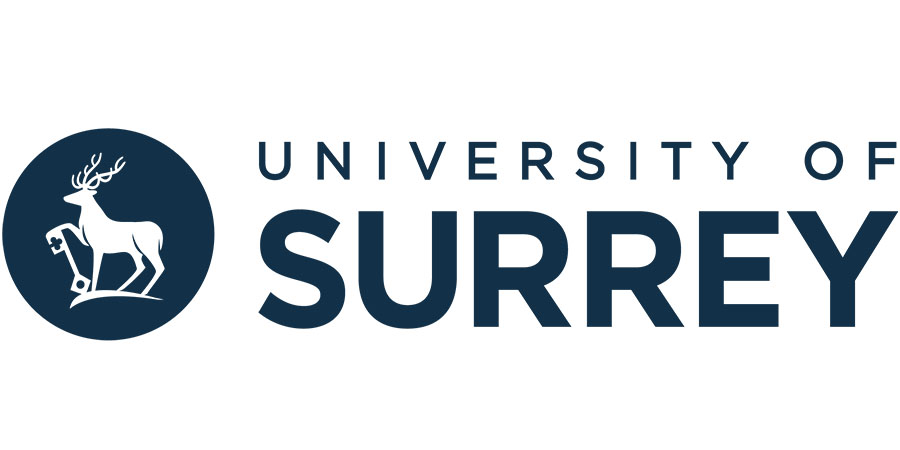PhD Studentship: Discovering Causal Determinants of Positive Child Development in Observational Data
University of Surrey - Psychology
| Qualification Type: | PhD |
|---|---|
| Location: | Guildford |
| Funding for: | UK Students, EU Students |
| Funding amount: | Fully and directly funded for this project only for 3.5 years (UKRI standard stipend funded by University of Surrey at £20,780 pa for 2025/2026, increasing each year in line with the UKRI rate) |
| Hours: | Full Time |
| Placed On: | 19th February 2025 |
|---|---|
| Closes: | 14th March 2025 |
| Reference: | PGR-2324-025 |
Positive development is fundamental to human flourishing and is reflected in the emergence and growth of various competences: from learning to walk and talk, to building relationships, solving complex problems, bouncing back from setbacks, and interacting with new technologies.
Traditionally, much developmental research has focused on identifying risk factors for behavioural and mental health problems, rather than on investigating positive competences and abilities. In addition, different research domains (i.e. physical, emotional, cognitive, social etc.) have tended to be investigated separately rather than in combination.
Deeper and broader knowledge of the factors that contribute to positive child development is crucial in order to understand and promote flourishing. To this end, it is necessary to move beyond traditional perspectives and critically investigate the building blocks of positive development, strength, and resilience more broadly.
This PhD project will contribute to a new research area focused on investigating positive child development—that is, the growth of competences and abilities, such as empathy, social skills, self-regulation, and optimism. Moving beyond the current state of knowledge, the project will explore and identify the causal predictors of these competences across physical, cognitive, social, emotional and behavioural domains.
The PhD project will be based on the advanced statistical analysis of several existing large cohort studies, such as the Millennium Cohort Study and the Children of the 2020s Study, amongst others. The research will involve theorising on causal predictors of positive development based on existing literature and applying a range of causal inference methods (e.g., Propensity Score Matching, Mendelian Randomization, GC-XGBoost, G-formula etc.) to large longitudinal data sets in order to identify causal predictors of positive development. The work will eventually contribute to the development of a new comprehensive model of positive child development that will guide future research and social policy.
Supervisors: Professor Michael Pluess, Professor Angelica Ronald and Claudinei Biazoli.
Entry requirements
Open to candidates who pay UK/home rate fees. See UKCISA for further information.
Starting in October 2025.
Later start dates may be possible, please contact Professor Michael Pluess once deadline passes.
You will need to meet the minimum entry requirements for our Psychology PhD programme.
Besides meeting the entry criteria for our PhD programme, this project requires excellent statistical skills, the ability to independently acquire new statistical expertise, and advanced writing skills. We are looking for highly motivated candidates with a background in psychology (preferably with a BSc and MSc in psychology) and a strong desire to advance the field of developmental psychology.
How to apply
Applications should be submitted via the Psychology PhD programme page. In place of a research proposal, you should upload a document stating the title of the project that you wish to apply for and the name of the relevant supervisor. Please also submit a letter explaining how your experience and abilities represent a good fit for the project. Informal enquires to m.pluess@surrey.ac.uk with cover letter and CV are strongly encouraged.
Please note, interviews will take place in early April 2025.
Funding
Fully and directly funded for this project only for 3.5 years (UKRI standard stipend funded by University of Surrey at £20,780 per annum for 2025/2026, increasing each year in line with the UKRI rate).
Application deadline: 14 March 2025
Enquiries: Contact Professor Michael Pluess.
Ref: PGR-2324-025
Advert information
Type / Role:
Subject Area(s):
Location(s):









